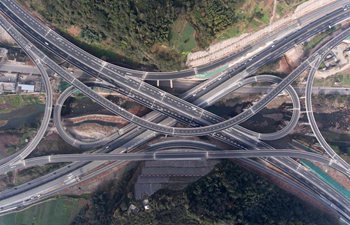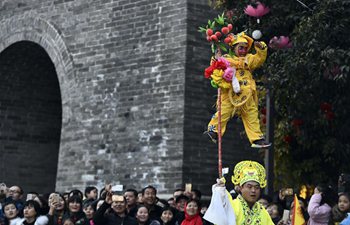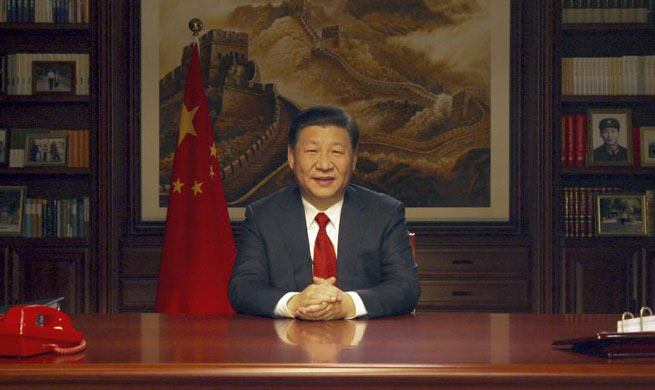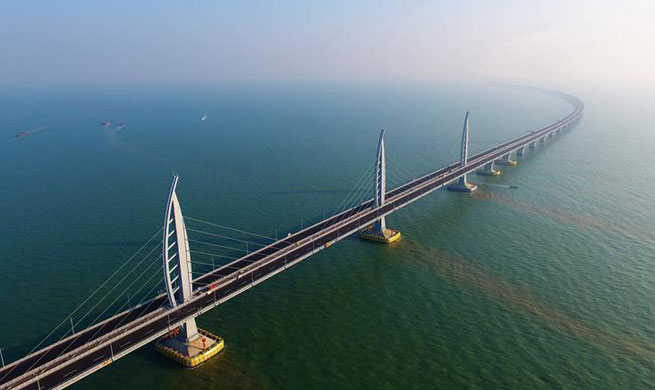ROME, Dec. 31 (Xinhua) -- The Internet of Energy could be the key to decarbonizing the world's economy, boosting electricity use efficiency and delivering power to the billions of people worldwide with little or no access to electricity, according to Italy's energy expert Corrado Clini.
Clini, a former environment minister of Italy, made the remarks in an article entitled "the Internet of energy", which was published on the December 2017 issue of Le Scienze, or the Italian edition of the Scientific American.
In the article, Clini hailed the Global Energy Interconnection, a project which is proposed by State Grid Corporation of China and aims to build a global power grid interconnection by 2050 that will optimize power from renewables and transmit renewable electricity in real time between any two given points on the map, regardless of the source plant's location.
Electricity from renewables could be transmitted in real-time between distant points on the planet in a worldwide network of power plants and power lines, he said, adding, "Italy could also benefit from a similar network, as it would drive technological development and become a significant geopolitical factor."
As Clini explained, the Global Energy Interconnection project is based on three pillars. First, the development of supercritical ultrahigh voltage direct current (UHV-DC) lines for the lossless, long-distance transmission of electricity; Second, storage of energy from renewables (thermodynamic solar power, hydrogen, high-capacity batteries); the third, smart grids and energy efficiency in the local distribution.
After decades of experimentation and testing, Clini said, UHV-DC technologies have evolved to a point where they offer significant advantages over AC (alternating current) lines in terms of long-range (including intercontinental) transmission volume and efficiency.
Furthermore, the expert said, UHV-DC lines are environmentally safer since they minimize magnetic fields and reduce the "right of row" of the lines.

















